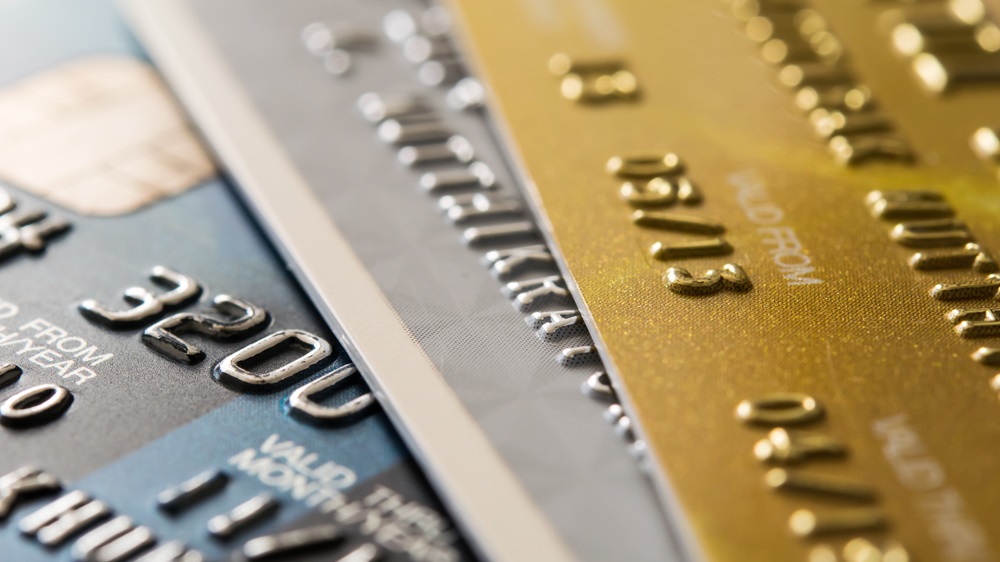
Businesses already struggling from the effects of Covid-19 are also being hit by delays in receiving money from payment processors, with reports of some transactions taking days, or even weeks to arrive during the coronavirus pandemic.
PayPal, Stripe, Square and Worldpay have all been factoring in extra time before passing on funds to safeguard themselves against potential losses from purchases made before the pandemic. While it’s not a universal issue, flight tickets, holidays and other goods and services that frequently require refunds are the items most commonly affected.
The move is causing additional strain for small businesses affected by the fallout from lockdown and changes in customer behaviour. Many purchases have been affected by the uncertain circumstances created as a result of the Covid-19 pandemic, particularly in the travel sector where flights and holidays have either been postponed or cancelled.
- These are the best expense tracker apps around today
- Have a look at the best accounting software
- The best tax software
Sluggish payments
According to the WSJ, credit card holders have disputed two to three times as many purchases as they had before the pandemic, based on data from research and consulting firm Aite Group. The findings excluded any purchases that might have been flagged up as fraudulent.
In addition, such disputes, or chargebacks, were accountable for just 0.05% of credit card transactions prior to the pandemic according to data from Mercator Advisory Group. Since the pandemic some categories including the currently highly unpredictable travel sector, has seen chargebacks rise as high as 40%.
The businesses most at risk of having transaction funds delayed are those that require customers to pay for their goods and services in advance. Many travel and events companies are paying out more in refunds than they have been receiving in new bookings.
Payment processing companies provide an essential link in the chain to businesses during customer transactions. While banks and fintech companies charge fees to help smooth the payment process, small businesses in particular benefit from the ability to take payments via smartphone or tablet using a payment processor.
Are you a pro? Subscribe to our newsletter
Sign up to the TechRadar Pro newsletter to get all the top news, opinion, features and guidance your business needs to succeed!
After a customer pays with a card such as Visa, Mastercard or American Express, the transaction is frequently handled via a payment processor such as Square, PayPal or Worldpay. These payment processors then pass on the money to the business, less a percentage cut for processing the transaction.
During the coronavirus outbreak payment processors have become worried about having to cover costs if a customer asks for a refund, particularly if a merchant goes out of business. Square has reportedly suffered a $106 million loss for the first quarter following the need to triple the amount of money it had to put aside to cover the growing number of potential losses on transactions and loans.
Via WSJ
- We've also highlighted the best personal finance software
Rob Clymo has been a tech journalist for more years than he can actually remember, having started out in the wacky world of print magazines before discovering the power of the internet. Since he's been all-digital he has run the Innovation channel during a few years at Microsoft as well as turning out regular news, reviews, features and other content for the likes of TechRadar, TechRadar Pro, Tom's Guide, Fit&Well, Gizmodo, Shortlist, Automotive Interiors World, Automotive Testing Technology International, Future of Transportation and Electric & Hybrid Vehicle Technology International. In the rare moments he's not working he's usually out and about on one of numerous e-bikes in his collection.
